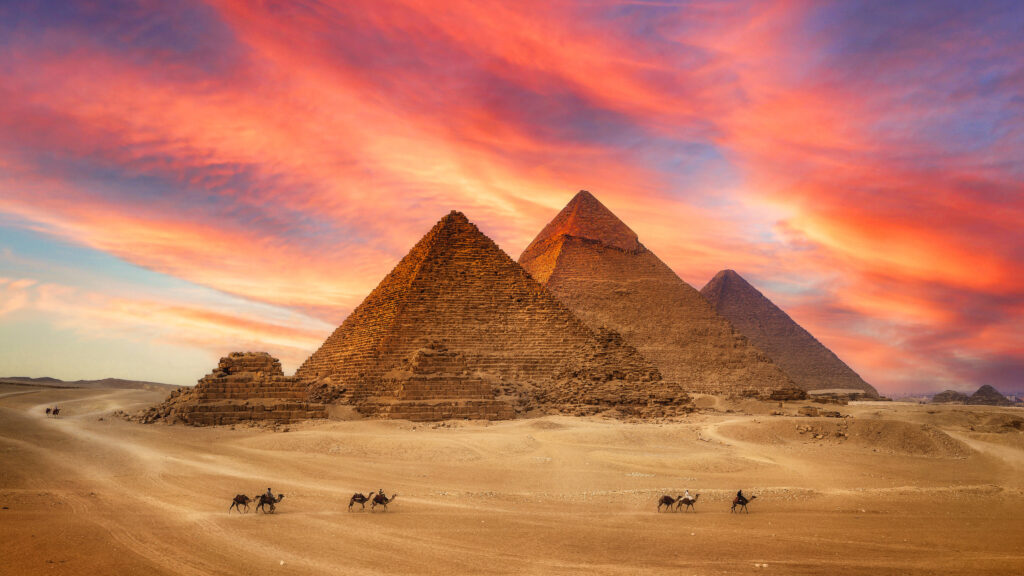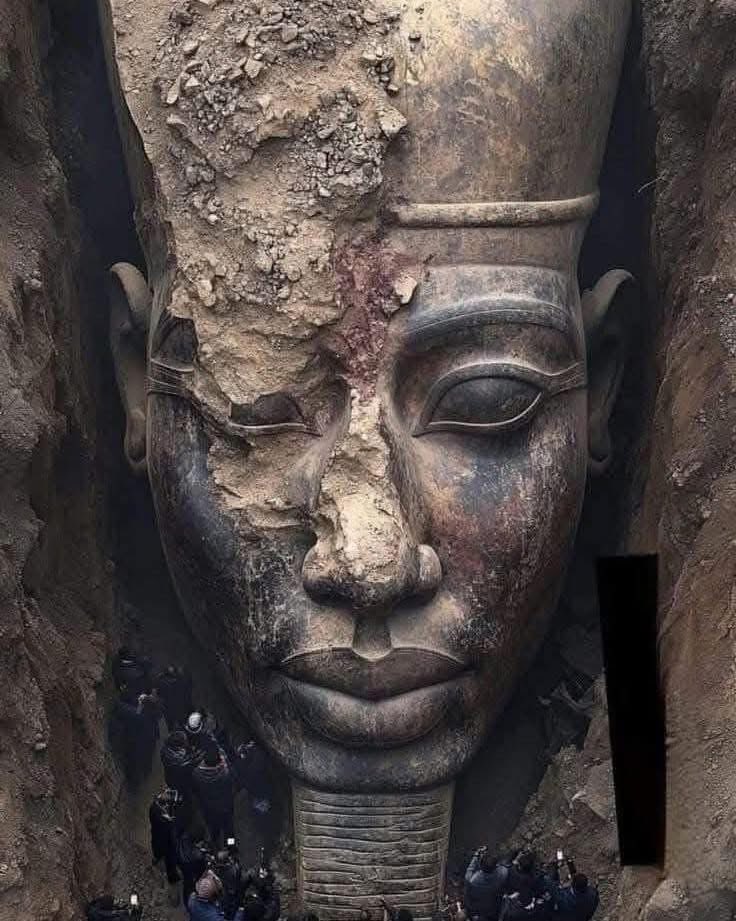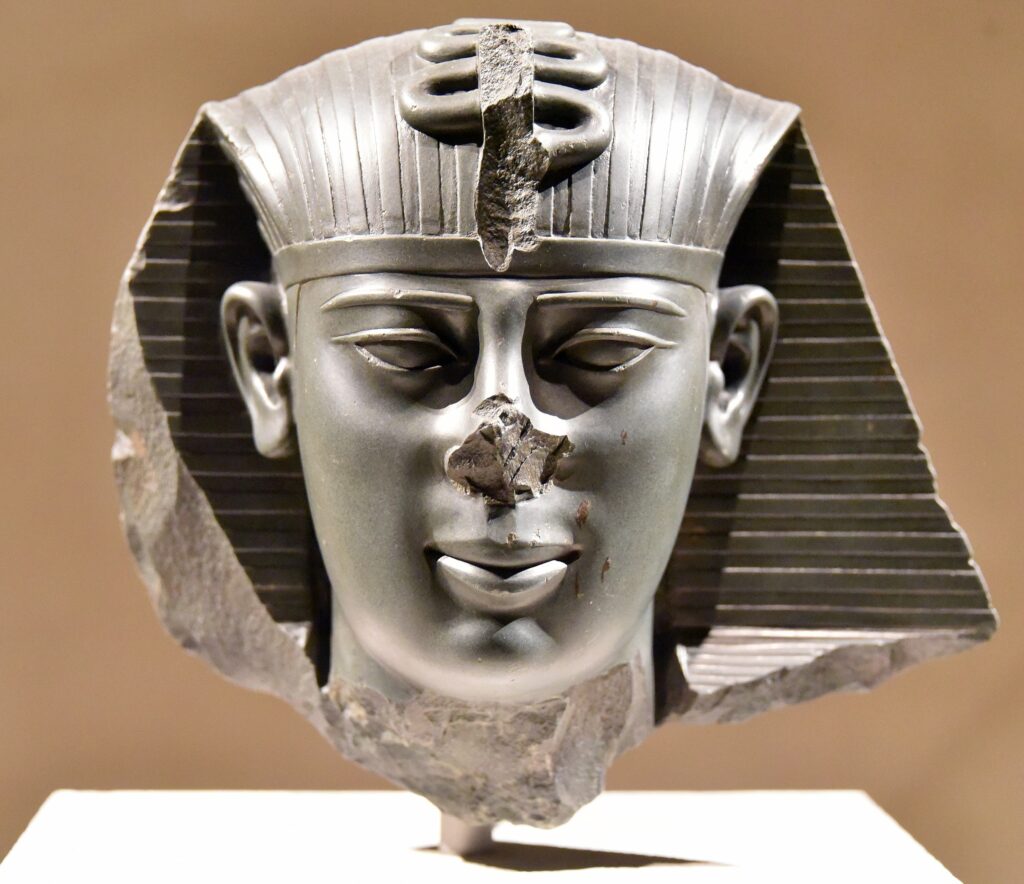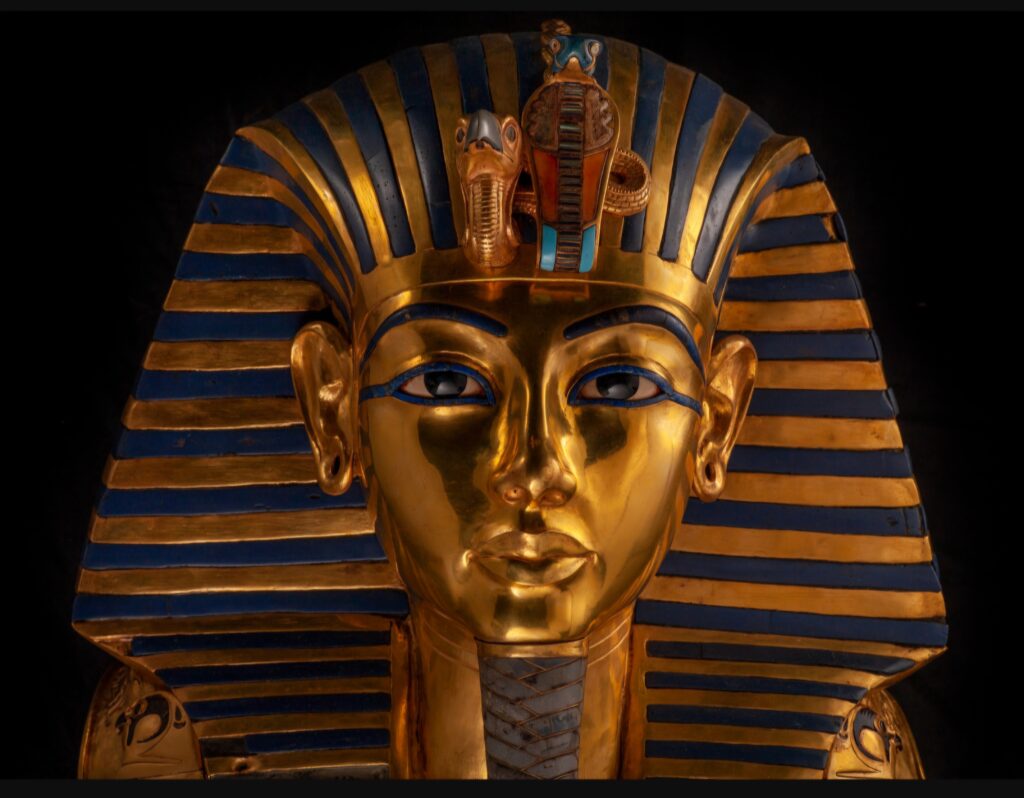As Egypt celebrates its Independence Day from British colonial rule February 28, 2025, the world should know that this so-called independence is a misrepresentation of truth. Indeed, with the stroke of “two pens” a unilateral agreement was signed between the former colonial power and Arabinized Egypt, February 28, 1922.
But Egypt was not always Arab, nor was it always called Egypt. The original name given to Egypt was Kemet or “black land” for its reference to the fertile soil along the river banks of the Nile and quite possibly, the interpretation of “Kemet” coincided with the founder’s reference to their ownership of such a blessed land as “Land of the Blacks”.
It is important to understand that while Egypt has always had an abundance of natural resources including precious metals, food, livestock and people, it has also held a strategic importance and mythical allure to everyone living in Eurasia. Whether it was the Arabs, Persians, Greeks, Macedonians or Romans, the “Land of the Blacks” were continuously attacked from outside of Africa for thousands of years.
Stolen Legacy
First, the Mysteries/Hieroglyphics, (the educational reference to the ancient Kemetic teachings) were being thwarted by the likes of Plato, Socrates, Pythagoras and Alexander the Great. By paying their way into the school of Mysteries, with gold, even students of Confucius could sit and learn as neophytes amongst the High Priests of Egypt. From Africans, they came and learned astrology, biology, chemistry, geography, mathematics, medicine, metallurgical sciences, metapsychosis, philosophy etc.

Socrates travelled many times from the modern day Greco-Roman states to Egypt to engage in learning. As his excitement grew, so did the impatience of the Athenian leadership.
- On February 15, 399 BC Socrates was imprisoned and executed in Athens, Greece on the charges of “corrupting the youth” and impiety or believing in the Mysteries and Kemetic teachings.
- Plato was exiled from Athenian land and put on house arrest in 367 BC for speaking against the ruling class and professing his greater knowledge of what he learned in Egypt.
- Julius Caesar set fire to the world’s largest library the Library of Alexandria, Egypt in 48BC.
Why then, are Egypt’s Mysteries and knowledge highly sought after? Then, when comprehension of this knowledge is incomprehensible, destruction follows? This is the same behavior demonstrated in the persecution of Jesus of Nazareth or Erasmus or Joan of Arc or Malcolm X or Martin Luther King, Jr.

We also see this behavior with the 1960-1970 construction of Aswan High Dam by Arabinized Egyptians and the Aswan Low Dam constructed by the British between 1899 and 1902. These two dams were said to have been built to keep the Nile River from running dry during drought season and from over saturation during the wet season, creating hydroelectric power and a sustainable irrigation system for crop yielding. Whatever the reason, what we do know is that the result of building the two dams displaced 100,000+ Nubians (indigenous Egyptians) and the Ancient Kingdom of Kush, the original kingdom to inhabit Egypt, is now under water, flooded, knowingly by the British and again by Arabinized Egyptians.
This destruction of history is similar to the intentional facial destruction of African/Black Pharaohs and monuments all across Egypt.

Pharaoh Amasis II c. 550 BC, teacher of Pythagoras
Pythagoras of the Pythagorean Theorem spent a long time in Egypt learning from the High Priest on the Mysteries. According to the Greek writer Antiphon, Pharaoh Amasis II, the last great Pharaoh before the Arab/Persian invasion, taught Pythagoras how to speak Egyptian and many other subjects.
Celebrating Egypt’s Independence Day is a reminder that although the victors write the story, “You get to where you are going easier if you know what happened before you”.
-Conversation between Quincy Jones, 28 Grammy Awards Recipient & Kendrick Lamar.


















